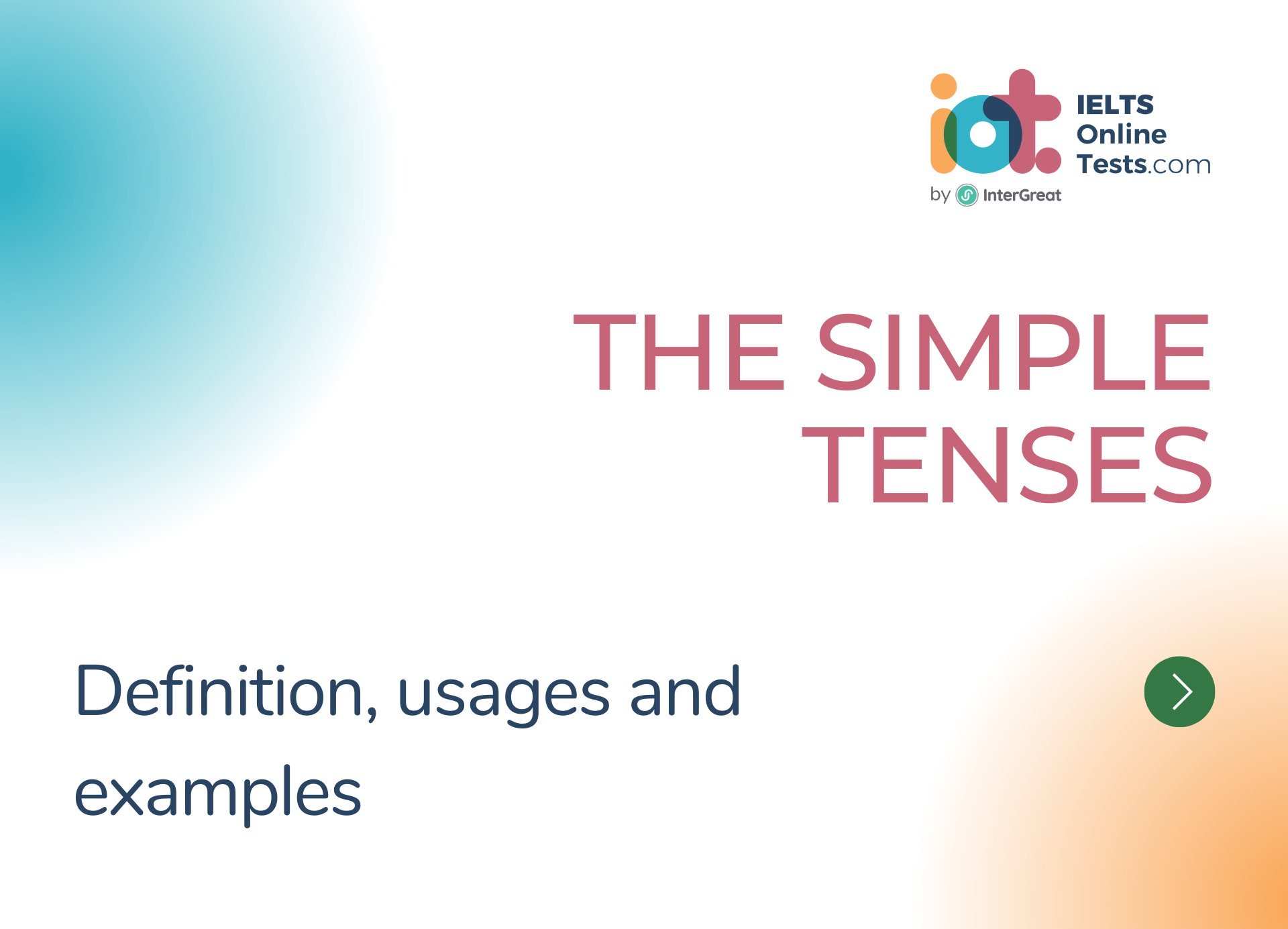
The simple tenses in English grammar
In English, the simple tense refers to verb tenses that express actions or states without specifying their duration or completion. It is used to describe general truths, habitual actions, and events that happen regularly or in the present moment.
Simple Present Tense:
- The simple present tense is used to describe facts, general truths, routines, and habits.
- Example:
- She plays tennis every weekend.
- The sun rises in the east.
- I eat breakfast at 7 AM.
Simple Past Tense:
- The simple past tense is used to talk about completed actions or events that occurred in the past.
- Example:
- They watched a movie last night.
- He lived in Paris for five years.
- We visited our grandparents yesterday.
Simple Future Tense:
- The simple future tense is used to discuss actions or events that will happen at a later time or in the future.
- Example:
- She will travel to Japan next month.
- They are going to have a party on Saturday.
- I will meet you at the park after work.
Each simple tense has its own specific usage and time frame. By understanding and correctly using these tenses, you can convey information about actions, events, states, and time relationships in English.




